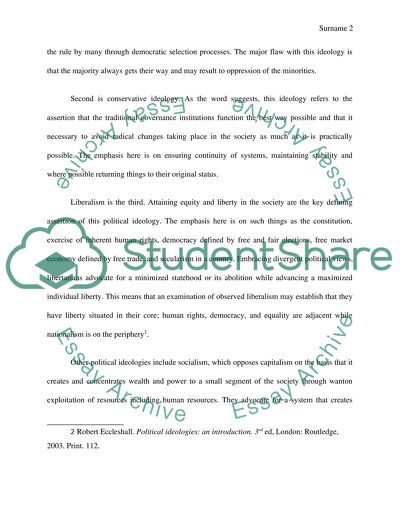Cite this document
(“Political Ideologies Essay Example | Topics and Well Written Essays - 3000 words”, n.d.)
Retrieved from https://studentshare.org/history/1438036-political
Retrieved from https://studentshare.org/history/1438036-political
(Political Ideologies Essay Example | Topics and Well Written Essays - 3000 Words)
https://studentshare.org/history/1438036-political.
https://studentshare.org/history/1438036-political.
“Political Ideologies Essay Example | Topics and Well Written Essays - 3000 Words”, n.d. https://studentshare.org/history/1438036-political.


